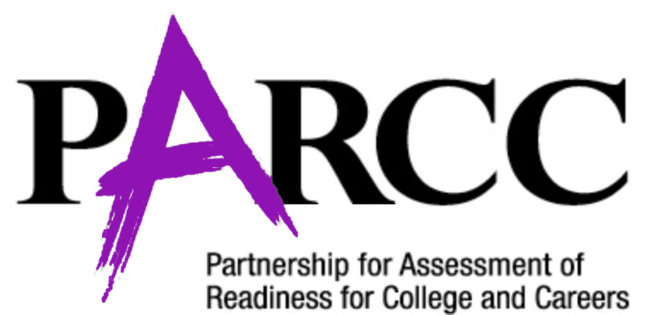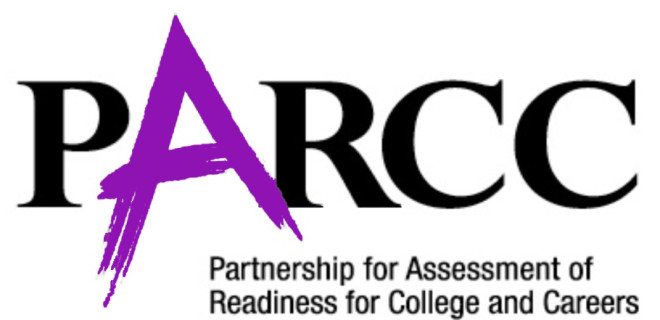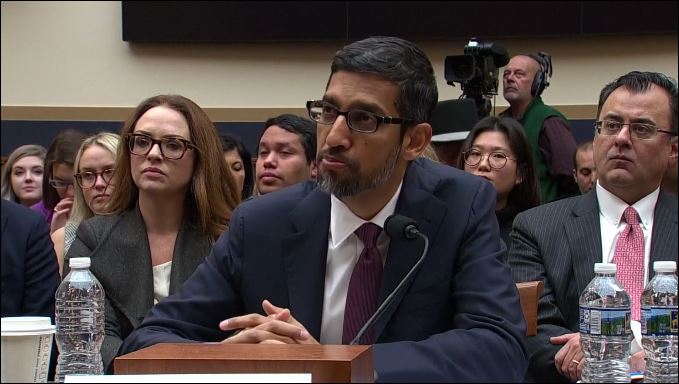Educators, are you getting excited? No, not about the next snowstorm, which looks like a whopper, but about the PARCC tests? You’d better be, because they are on the way and the impact will be measurable and unpredictable.
For those non-educators, the PARCC tests are the standardized tests that students in grades 3-11 will take in two administrations; March and April/May. They are tied to the Common Core Curriculum Standards and claim to be the newest, latest, greatest, most bestest tests to evaluate teacher performance and to prepare our students for further leaning, college, and the working world. Parents, teachers, administrators and politicians have debated whether these new tests, and the Common Core, are appropriate or will even measure what they purport to measure. Some states adopted the Common Core and the tests, then un-adopted them.
The bottom line, though, is that they are almost here.
I’ve taken some sample tests, and so can you. Go ahead and give it a try. Notice what students are being asked to do and how they are being asked to do it. My assumption is that it’s different from what you were asked to do in school. This is the point: The standards and tests are asking educators and students to approach education from a different perspective. In some ways, it’s a more productive, intuitive approach, and in others, it’s downright confounding.
One of the main issues in New Jersey and, I suspect, in most other states, is the availability and reliability of the school’s technology. All of the tests are taken on computers and all of the students will probably log on to their school’s systems at the same time. This will probably cause some networks to slow down and/or crash. Also, many schools do not have enough computers for all of their students, which will result in significant disruptions to the school schedule as students will need to test in shifts.
And as much as adults like to fool themselves into thinking that children are all adept at using computers, the facts are that many students can’t keyboard quickly, do not understand how technology works, or how to manipulate the screens as these tests require. There is a section of the high school language arts test where students will need to read and manage three sources on three different windows with three different scroll bars and write an essay using all of the readings. That can be a challenge. For younger students, actual keyboarding will be a problem. There are no computer bubble sheets or booklets on these tests. A slow typist will have trouble.
The actual testing, though, is still only part of the issue. These tests will be used to evaluate teachers, which is, and always has been, a terrible idea. Using any high-stakes test, especially one given for the first time on unpredictable technology by students who haven’t had a full school year of Common Core instruction, is folly.
Besides, the tests really are only high-stakes for the teachers, not the students. How’s that for sound policy? If a student decides the test is too difficult or they can’t type or didn’t eat a good breakfast that morning, then a teacher could get fired. This is what you get when know-nothing politicians decide, without significant teacher input, what’s best for education.
For more, go to www.facebook.com/WhereDemocracyLives or Twitter @rigrundfest










